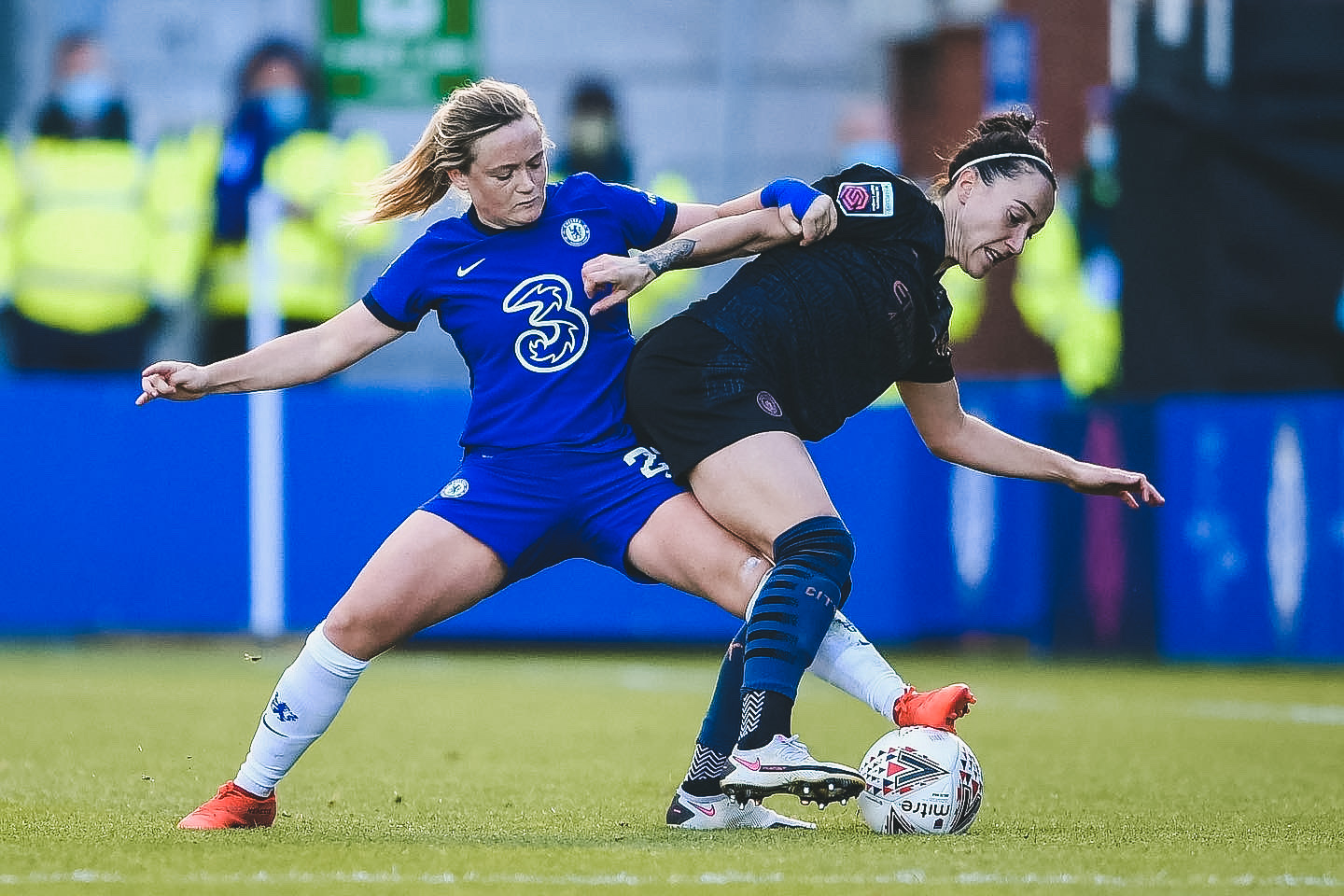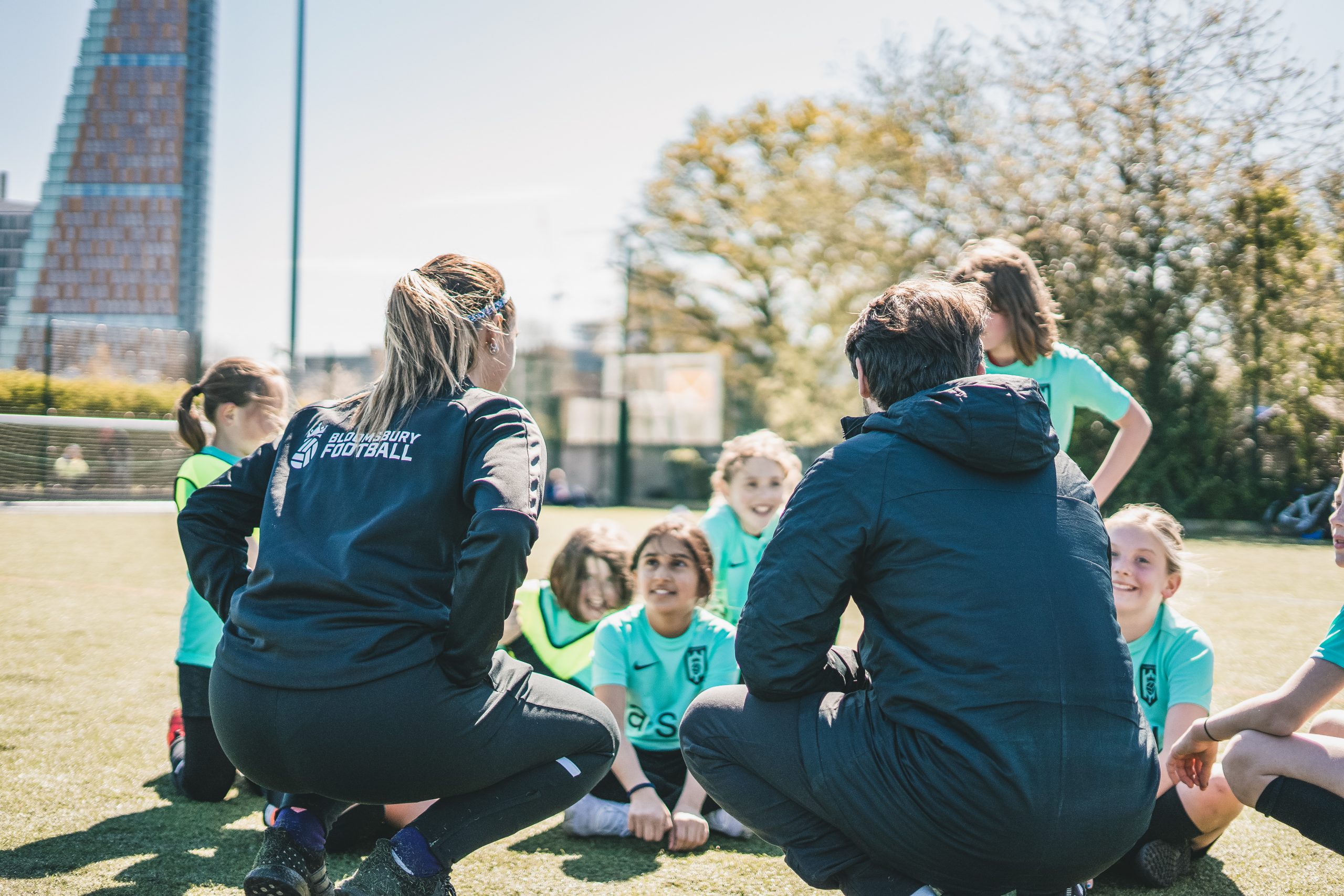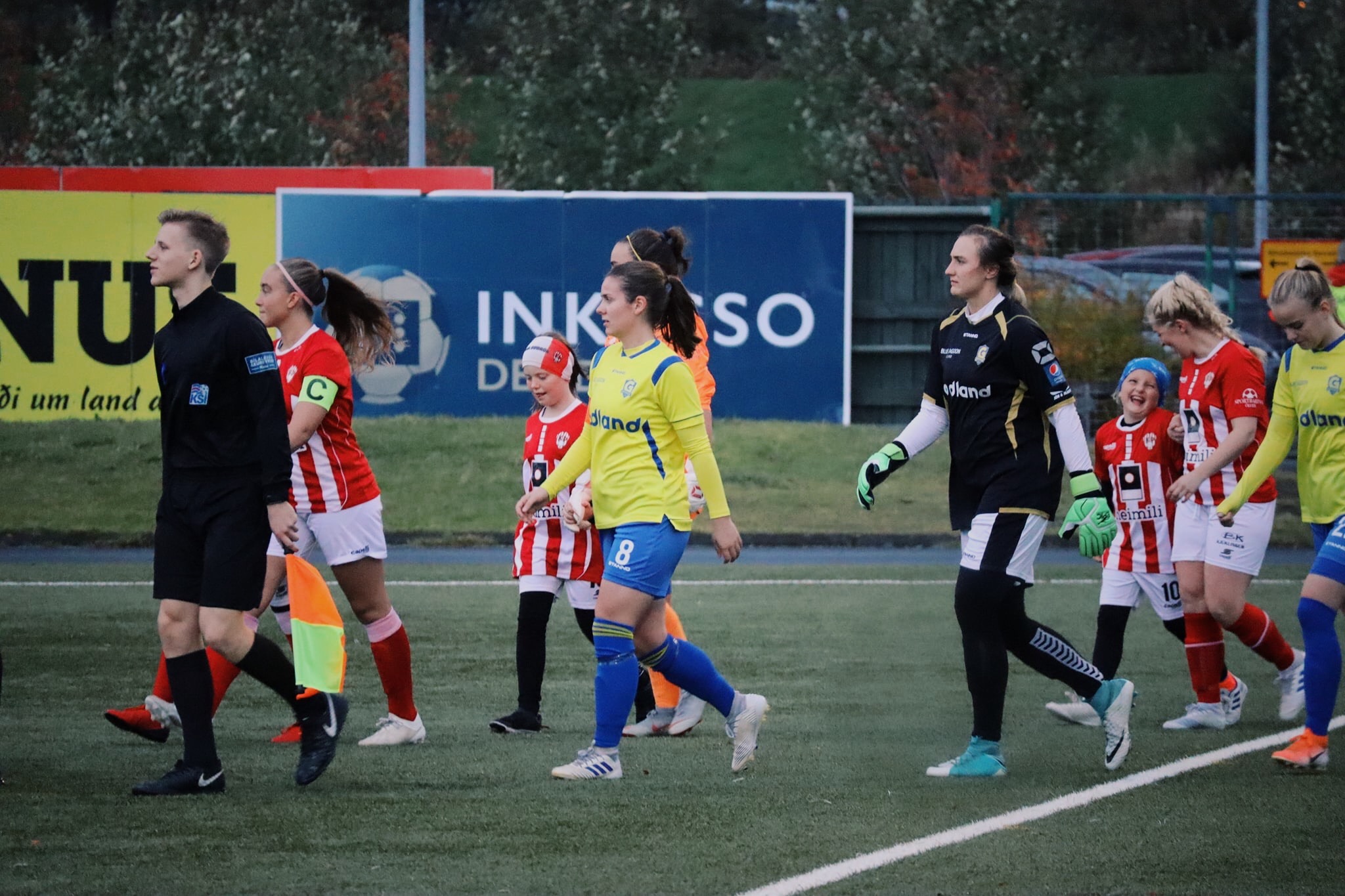The Football Association (FA) Board recently announced “a significant increase in prize money” for the Women’s FA Cup, set to come into effect from the 2022-23 season, with further details to be released. This is unlikely to be the equal funding that the women’s game needs and deserves but it is a step in the right direction.
As members of the Football Supporters Association’s (FSA) women’s game network, we fully support and have countersigned a letter asking the FA to think hard about how they allocate this prize money and make sure that it goes to the clubs that need it most. The growth of the women’s game is something that we and the rest of the network believe needs to look after the whole pyramid and not just reward those at the top.
Supporters on the network have this week written to the FA outlining a few key principles relating to the Women’s FA Cup and associated governance issues. The letter in full:
The growth of the women’s game in recent years is something that we can all celebrate. Right now, FSA members are asking – quite rightly – how we, as an organisation, can continue to do more for supporters of the women’s game.
An important part of our activity is engaging with the Government and the football authorities to help give the game the platform it deserves, and fulfil its potential.
The FSA’s Women’s Game Network engaged with Tracey Crouch’s Fan-Led Review of Football Governance last year, and looks forward to working with the FA on many future initiatives.
One area of interest to our members is the debate around the gap in FA Cup prize money between the men’s game and women’s game. That conversation was sparked by FSA affiliates Lewes FC in 2019, and has since received support from high-profile players and managers, such as Lucy Bronze and Emma Hayes.
We were pleased to read the recent FA Board announcement of a “significant increase in prize money” to support the continued development of the Women’s FA Cup. We have already had constructive information from the FA about this matter and look forward to continuing this in due course when more details are announced, ahead of its implementation in 2022/23.
Due to conversations being ongoing, we thought it was an appropriate time to share our key principles on this topic with the FA and FSA members:
1. No-one should “pay to play” in the Women’s FA Cup.
We have seen a number of teams struggling to cover basic costs like transport and facilities fees. Clapton CFC were the first seventh tier team to get to Women’s FA Cup third round but had to launch a crowdfunding campaign in order to cover the costs required to make the trip to opponents Plymouth Argyle. Success should not increase the stress on a club. Increased funds should go towards ensuring that no club has to pay to play in such a prestigious competition.
2. Increased funding should be steered towards clubs in the early rounds of the competition.
If prize money is overwhelmingly directed towards the later rounds the increase in the disparity between the elite level and lower tiers of the women’s game will continue to grow, and could even make it harder for some young players to progress in the game. Former England manager Hope Powell has said that Regional Talent Centres can be inaccessible for kids from inner city urban areas, limiting the opportunities for those players. We want to see funding increased in a manner which helps nurture competition across the women’s game, supports clubs lower down the pyramid and develops players at grassroots level.
3. Everyone in football should actively support the establishment of a Fan-Led Review of Football Governance in the women’s game.
The recent Fan-Led Review’s recommendations would strengthen the voice of supporters, protect football’s heritage and the pyramid, and provide genuine independent regulation. The women’s game faces its own challenge, and many of those are very different from those which exist in the men’s game. The Fan-Led Review was clear that women’s football should be treated with parity and given its own dedicated review. Let’s get that started.
Of course more work is required to develop these three key principles into rigorous policy and detailed actions which help to progress the game. The FSA looks forward to working with the FA and other key stakeholders in order to bring that to fruition.
After the Equal FA Cup Campaign gathered momentum prior to the last round the announcement of extra funding quickly followed. This shows that the organisation are listening. We hope that they are open to engagement and that in the near future there will be confirmation of an outcome that is positive for all of the event’s stakeholders.
Photo: Tom Flathers









